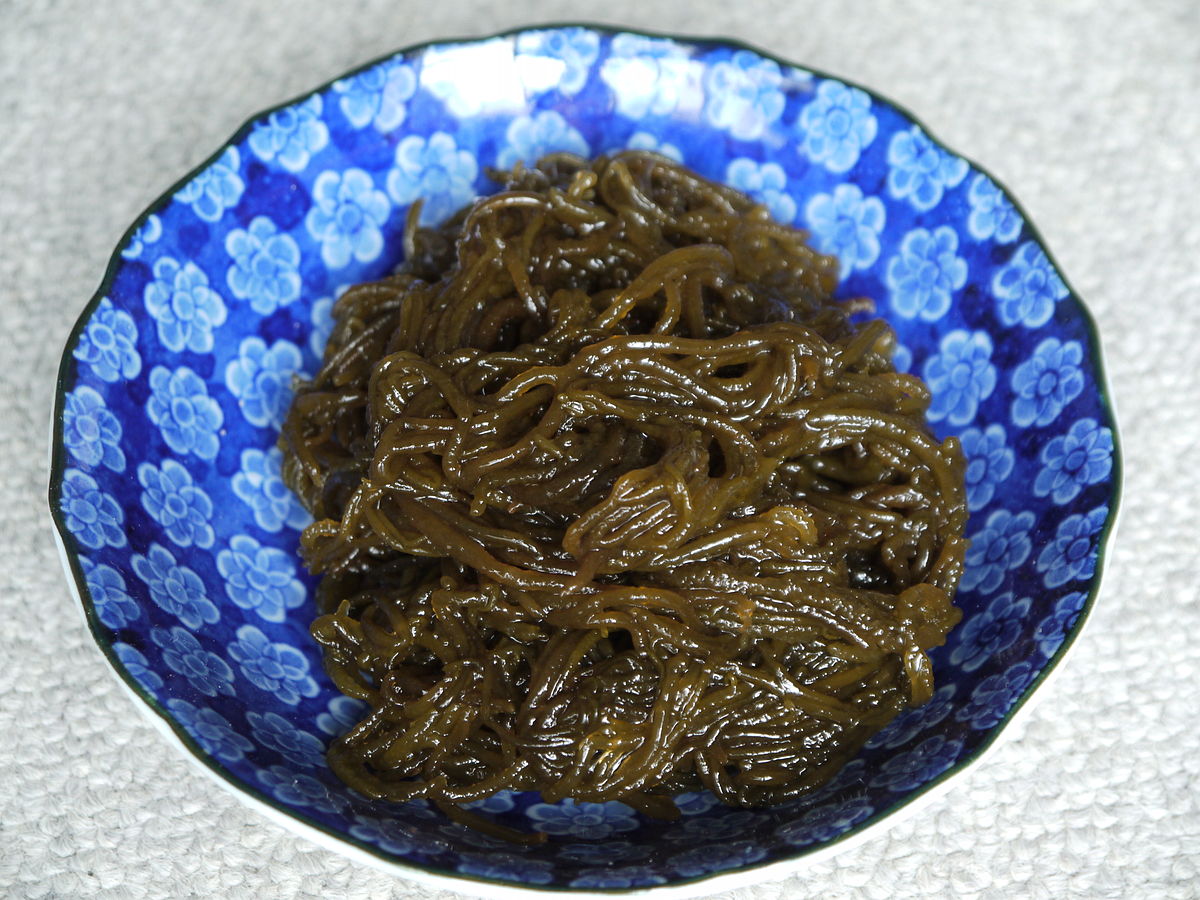
Mozuku might not be a household name, but this unique seaweed packs a punch in both flavor and health benefits. Found mainly in the waters around Okinawa, Japan, Mozuku is a staple in Japanese cuisine and traditional medicine. But what makes this seaweed so special? Mozuku is rich in fucoidan, a compound known for its potential anti-cancer, anti-inflammatory, and immune-boosting properties. It's also low in calories, making it a great addition to any diet. Whether you're a foodie looking to try something new or someone interested in natural health remedies, Mozuku offers a fascinating blend of taste and nutrition. Ready to dive into the world of Mozuku? Let's explore 15 intriguing facts about this ocean treasure.
Key Takeaways:
- Mozuku is a slimy, nutrient-packed seaweed from Okinawa, Japan, known for its health benefits and culinary versatility. It's low in calories, high in fiber, and rich in minerals and vitamins.
- Mozuku farming not only benefits human health but also helps the environment by absorbing nutrients, reducing carbon dioxide, and promoting biodiversity in coastal ecosystems.
What is Mozuku?
Mozuku is a type of edible seaweed primarily found in the waters around Okinawa, Japan. Known for its unique texture and nutritional benefits, it has become a staple in Japanese cuisine. Here are some fascinating facts about this seaweed.
-
Mozuku is a brown algae species, scientifically known as Cladosiphon okamuranus.
-
It is predominantly harvested in Okinawa, Japan, where the warm, nutrient-rich waters provide an ideal environment for its growth.
-
This seaweed is rich in fucoidan, a type of sulfated polysaccharide known for its potential health benefits, including anti-inflammatory and anti-cancer properties.
-
Mozuku has a slimy texture, which might be off-putting to some, but it is highly valued in Japanese cuisine for this very reason.
Nutritional Benefits of Mozuku
Mozuku is not just a culinary delight; it also packs a punch when it comes to nutrition. Let's dive into some of its health benefits.
-
It is low in calories, making it an excellent addition to weight-loss diets.
-
Mozuku is a good source of dietary fiber, which aids in digestion and helps maintain a healthy gut.
-
It contains essential minerals like calcium, magnesium, and iron, which are crucial for bone health and overall well-being.
-
The seaweed is also rich in vitamins, particularly vitamin K, which plays a vital role in blood clotting and bone metabolism.
Culinary Uses of Mozuku
Mozuku's unique texture and flavor make it a versatile ingredient in various dishes. Here are some ways it is used in cooking.
-
In Japan, it is commonly served as a side dish, often marinated in vinegar to create a dish called "mozuku-su."
-
It can be added to soups and stews, where its slimy texture helps thicken the broth.
-
Mozuku is also used in salads, providing a unique texture and a burst of umami flavor.
-
Some innovative chefs even use it in desserts, incorporating its unique texture into sweet dishes.
Environmental Impact of Mozuku Farming
Mozuku farming is not only beneficial for human health but also has a positive impact on the environment.
-
Seaweed farming, including mozuku, helps absorb excess nutrients from the water, reducing the risk of harmful algal blooms.
-
It acts as a carbon sink, absorbing carbon dioxide from the atmosphere and helping mitigate climate change.
-
Mozuku farming provides habitats for various marine species, promoting biodiversity in coastal ecosystems.
The Final Word on Mozuku
Mozuku, a hidden gem from the ocean, offers a wealth of benefits. Packed with fucoidan, this seaweed supports immune health, digestion, and even skin care. Its unique texture and mild flavor make it a versatile ingredient in various dishes. Whether you're adding it to soups, salads, or smoothies, mozuku can enhance your meals while boosting your health.
Sustainably harvested, mozuku also supports environmental conservation. Its cultivation helps maintain marine ecosystems, making it a responsible choice for eco-conscious consumers. Plus, its low-calorie content makes it a great addition to any diet.
Incorporating mozuku into your routine is simple and rewarding. From its nutritional value to its environmental benefits, this seaweed is a powerhouse of goodness. So, next time you're looking for a nutritious boost, consider adding mozuku to your shopping list. Your body and the planet will thank you.
Frequently Asked Questions
Was this page helpful?
Our commitment to delivering trustworthy and engaging content is at the heart of what we do. Each fact on our site is contributed by real users like you, bringing a wealth of diverse insights and information. To ensure the highest standards of accuracy and reliability, our dedicated editors meticulously review each submission. This process guarantees that the facts we share are not only fascinating but also credible. Trust in our commitment to quality and authenticity as you explore and learn with us.


